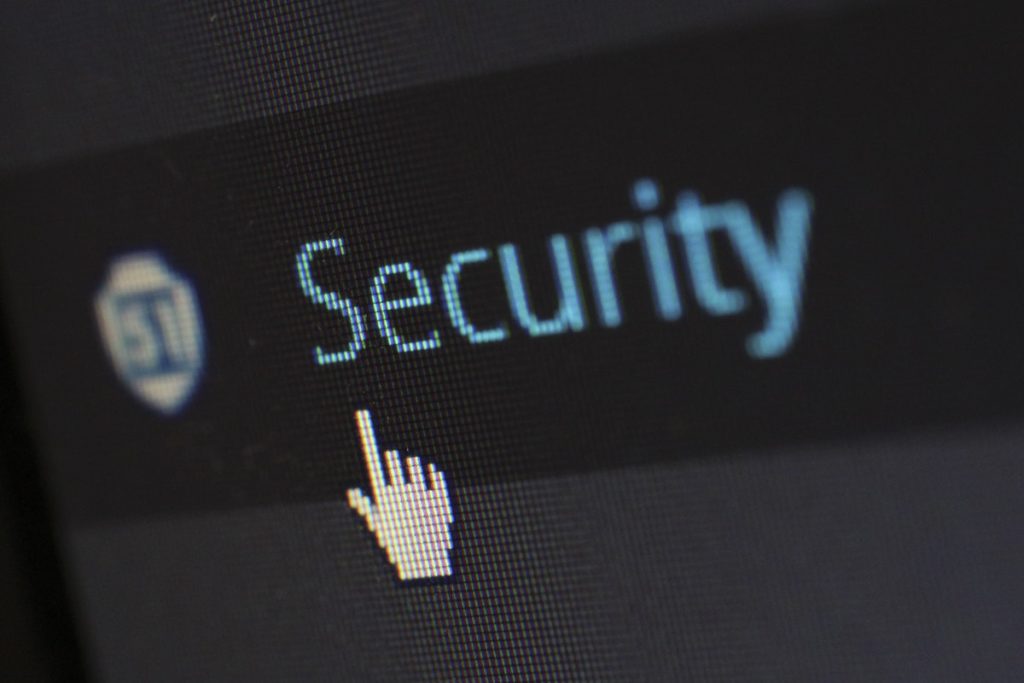In a world where data breaches are becoming more and more common, it’s more important than ever to ensure that you are doing everything possible to protect sensitive information. There are several steps that you can take to make sure that your information is safe. Here are some of the most effective ways to protect sensitive data.
Use a Password Manager
One of the best ways to protect your sensitive information is to use a password manager. A password manager is a software that helps you generate and manage strong passwords. Using a password manager ensures that all your passwords are long, complex, and unique. This will make it much harder for hackers to access your accounts.
In addition, a password manager can help you keep track of your passwords so that you don’t have to remember them all yourself. This can be a huge time-saver, and you won’t have to write your passwords down somewhere where they could be stolen.
When choosing a password manager, it’s essential to find one that is trustworthy and reliable. You want to be sure that your passwords are safe and secure. Here are some things to look for when choosing a password manager:
- Does the password manager have a good reputation?
- Is the password manager easy to use?
- Does the password manager offer robust security features?
- Is the password manager affordable?
If you can answer yes to all of these questions, then the password manager is probably a good choice for you.
Utilize Open-Source Data Governance Solutions
Open-source data governance solutions can help you protect sensitive information by setting up rules and policies that govern how users interact with your data. These open-source solutions are typically open to customization, giving you the ability to tailor them to your specific needs.
They typically provide features such as encryption, authentication, user authorization, and access control. By using this, you can ensure that your data is secure and only accessible to those who are authorized to view it.
If you are looking to make the most out of data governance solutions, there are a few things that you should keep in mind. First, be sure to tailor the solution to your specific needs. The solution should be configured to meet your particular requirements to be effective.
Second, be sure to test the solution thoroughly before rolling it out. This will help ensure that there are no glitches and that the solution is working correctly. Finally, be sure to provide adequate training to users so that they know how to use the solution correctly.
Avoid Public Wi-Fi Networks
When you’re on the go, it can be easy to connect to public Wi-Fi networks to conserve your data. However, public Wi-Fi networks are notoriously insecure. If you’re not careful, someone could intercept the data transmitted over the network and gain access to sensitive information like passwords and credit card numbers.
Therefore, it’s best to avoid using public Wi-Fi whenever possible. If you need public Wi-Fi, ensure you only access websites encrypted with HTTPS. In addition, avoid doing any online banking or shopping while connected to public Wi-Fi.
Keep Your Software Up-To-Date
One of the best ways to protect sensitive information is to keep your software up-to-date. Whenever a software update is released, it usually includes fixes for any security vulnerabilities discovered in the previous version of the software.
With that, by keeping your software up-to-date, you can ensure that it is as secure as possible against attacks from hackers. In addition, many software updates include new features and performance improvements, so updating regularly can help keep your devices running smoothly.
Data Encryption
One way to encrypt data is with a file encryption program. File encryption programs encrypt all the files on your computer or device. Even if somebody gains access to your files, they won’t be able to decode them without the key. Several file encryption programs are available, so research and find one right.
Another way to protect your data is by using a VPN. This encrypts all traffic between your device and the VPN server, ensuring your information is safe and secure. Many VPN services are available, so be sure to research and find one that’s right for you.
Use Two-factor Authentication
Using two-factor authentication is another excellent way to protect your sensitive information. This requires you to have two forms of identification to access an account.
For example, you might need a password, a fingerprint, a password, and a one-time code sent to your phone. Two-factor authentication makes it more challenging for someone to break into your account by providing an extra level of security.
These are just a few of the most effective ways to protect sensitive information. These steps can significantly reduce the risk of stealing your information during a data breach. So go ahead and take the necessary steps to ensure your information is safe and secure. You won’t regret it.
